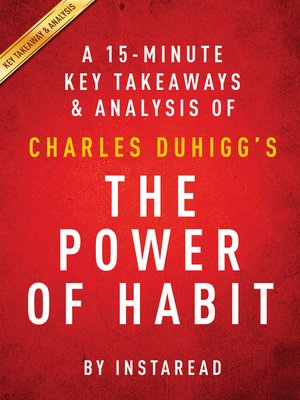

Now, the TikTok-favorite Chinese brand Shein has stepped on the accelerator, adding anywhere between 2,000 and 10,000 individual styles to its app each day, according to an investigation by Rest of World. Brands like Missguided and Fashion Nova dominated fast fashion's Instagram era, releasing about 1,000 new styles a week. And clothing production contributes 20% of all global wastewater, with an anticipated 50% increase in greenhouse-gas emissions from the industry by 2030.įast fashion - the most environmentally damaging business model - prioritizes the quick design, manufacturing, and marketing of astronomically large quantities of clothing, using low-quality materials to replicate current fashion trends in affordable styles. And pushing the fashion industry to be more sustainable is key in the fight against climate change: At our current rate, the fashion industry is on track to consume 26% of the world's carbon budget by 2050.

Researchers from Sheffield Hallam University in England found that despite their preference for sustainable clothing, 90% of young Brits still opt for fast fashion - and only 16% of those surveyed could name a single sustainable-fashion brand.Īs Gen Zers get older, richer, and make up more of the fashion industry's market share, their habits have the potential to affect the industry for good - or ill. But despite their stated preferences, the actual buying habits of young shoppers are fueling a planetary crisis.Ī recently released report on Gen Z by the online vintage-resale platform ThredUp found that while 65% of Gen Z respondents said they want to shop more sustainably and buy higher-quality clothing, one-third also described themselves as addicted to fast fashion, and more than two in five said they buy clothes that they're likely to wear only once. It's not that young people don't want to shop sustainably: Three-quarters of Gen Zers say that sustainability is more important to them than brand name, according to a survey by First Insight and the Wharton School of Business at the University of Pennsylvania. But they also have a big problem: Gen Z can't stop buying new clothes. 1 concern, and some have even reported turning down jobs over companies' climate records. It often indicates a user profile.Įveryone knows that Gen Z cares about the planet: The generation has been at the forefront of the climate movement, they are more likely than any other generation to say that the climate crisis is their No.

Account icon An icon in the shape of a person's head and shoulders.


 0 kommentar(er)
0 kommentar(er)
